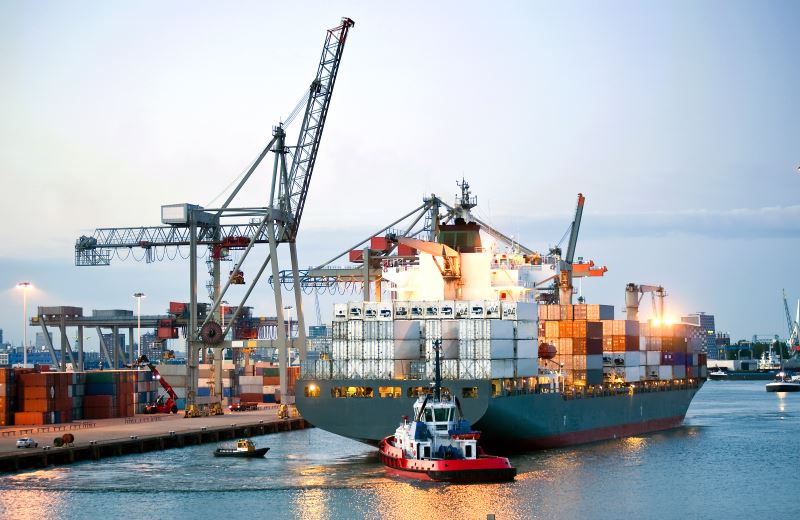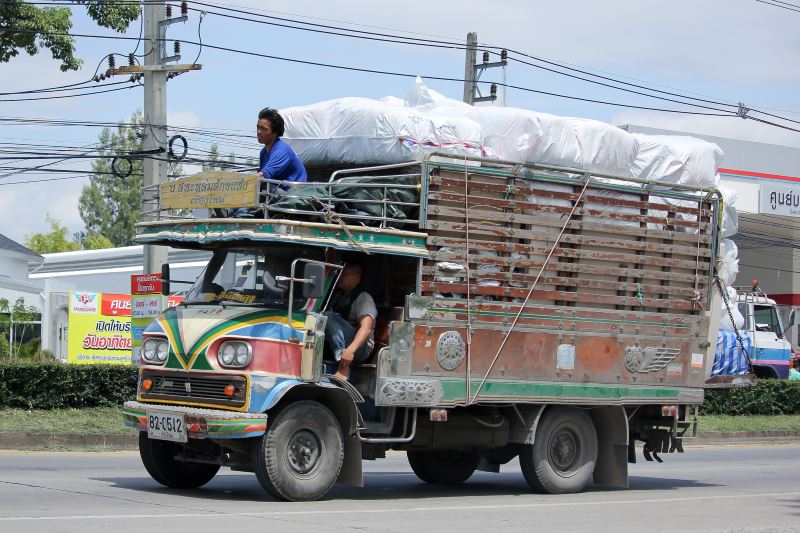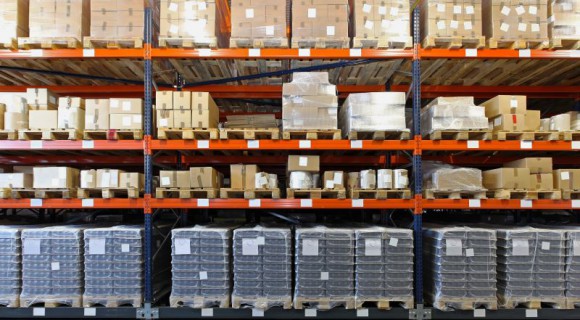This is the second post, from a trio of posts, I’ve written about Hong Kong as a startup hub with a Dutch angle. This post will highlight the logistics part of Hong Kong. One about hardware and one is going to be about FinTech.
Logistics
The similarities between The Netherlands and Hong Kong pre-date startups. Hong Kong is a strong logistical center, it operates a big container port (4th globally), in addition to being driving distance of the port of Guangzhou (8th globally), and Shenzhen (3rd globally). These 3 ports are situated in the Pearl River Delta. The 3 combined handled in 2013 58.8 million TEU.
The Netherlands has been the Pearl River Delta of Europe, a de facto port of Europe. Even though Rotterdam, only did 11.7 million TEU’s in 2013. This just goes to show that logistics wise, Hong Kong has a vast history in shipping and distribution.
Hong Kong is full of condensed narrow streets (most dense commercial and residential area on planet Earth!), hence micro-distribution is crucial to the city. Many small independent vans swarm the city on a daily basis. From supplying local stores, to grocery delivery (almost every supermarket can home delivery the goods you just bought for a few extra dollars). In a city with a low car ownership this is a thriving business. This is all not including the obvious: the vans are also used for moving larger stuff.
It used to be a phone only business (with all language issues included). That market is being disrupted by on-demand van booking startups in the last 2 years.
Startups in many colors and levels like Floship, GogoVan, Easyvan, Easyship, Aftership (A Startup Weekend Hong Kong winner), Openport, etc are working hard to optimise distribution and logistics and leverage Hong Kong’s advantages.
Christopher Moore, Digital Marketing at Floship, a logistics company that gives smaller eCommerce sellers the same advantages that large companies have gained from a centralised shipping model, says about Hong Kong:
“The main advantage of Hong Kong as a shipping centre is simple: Hong Kong is the world’s biggest air freight hub. This means that delivering goods anywhere in the world from warehouses based in Hong Kong can be as quick as overnight.”

Where it comes to comparing Hong Kong with other cities, he continues:
“It’s difficult to compare Hong Kong to any place else in the world, because here you have a duty free port favourable to trade. Even more, within 100-miles of Hong Kong 10% of all consumers goods in the world are produced. Not to mention the city’s proximity to Shenzhen, which is just across the border, the epicentre of the hardware production of the greater area of Guangdong province. You can find manufacturers for just about anything.”
Max Ward, CEO of Openport, which solves the logistics headaches of global brands with distribution in emerging markets through a platform and app, says:
“The talent pool is great in Hong Kong, there is an abundant source of logistics talent. If a talent isn’t available, it isn’t hard to get them to Hong Kong, compared to for instance Burma. Hong Kong has also a rule of law, some South East Asian countries don’t. This really matters when the parent company is raising funds or is going for an IPO. Hong Kong is also a great place for conferences. China is on your doorstep. And there are still a lot of opportunities for startups in optimising the-last-mile. The only thing you have to keep an eye on in Hong Kong are the costs.”

Hong Kong is a multi market hub for Asia and the rest of the world, logistics-wise everything is available. And as the incumbents are consolidating, the market will be open for agile and smart startups.
Take the B2B accelerator from Blueprint (From Swire), help for logistics startups is also available.
General startup details about Hong Kong
In the last 4-5 years, I’ve personally seen Hong Kong Startup community grow from one community and one co-working space to at least 7 different communities and 41 oh no, 42 wait, 41 no, 43! co-working spaces.
Besides the proximity to China, Hong Kong has great Internet connections. FTTB/FTTH of 1Gb are well covering the most populated areas of the city. You can get around with English pretty well. It has Common Law based on the English laws and “only” max 17% income tax. Staff wise: a fresh grad will cost you Euro: 1,500 a month, office hours are long (9-19 is normal) only real estate is expensive. Getting an office in Central is for 99.99% of the startups unthinkable, beside an virtual office that is. That’s why a lot of startups have offices in Sheung Wan and Quarry Bay if they are not in one of the 43, wait now it’s 44 co-working spaces. Also the startup visa is specially set up for founders and their key staff to live and work legally in Hong Kong.
So are you a logistics startup and looking where to start or expand? Keep Hong Kong in mind as a place to set up shop.
Images courtesy of Floship
I’m writing these post as preparation to my talk at the seminar about Hong Kong as a startup hub in Amsterdam on 16 November 2015. More information about that here
